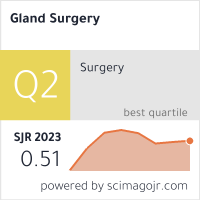APPLICATION OF NEXT-GENERATION SEQUENCING IN GENETIC DIAGNOSIS OF RARE DISEASES IN SAUDI ARABIA
Keywords:
Next-generation sequencing, rare diseases, Saudi Arabia, diagnostic yield, artificial intelligence, variant interpretation, consanguinity, adaptive gene panels, genomic medicine, turnaround time, cost analysis, variants of uncertain significance (VUS).Abstract
An emerging concern in clinical genetics is the deliverance of next-generation sequencing (NGS) for rare diseases, especially in high consanguinity states like Saudi Arabia. We evaluated features such as diagnostic yield, turnaround time, cost, and problems in variant interpretation in the multi-disease Saudi cohort studied using NGS. An explainable AI-based pipeline was used first, then an adaptive gene panel analysis, yielding a diagnostic rate of 22.22%. The average turnaround time was 26.1 days, with an average cost of SAR 5897 per test. Interestingly, in 23.3% of cases, variants of uncertain significance (VUS) existed, complicating interpretation. Cases spread across several regions with a broad spectrum of rare diseases, manifesting the implications of NGS for this population. Our results are consistent with worldwide literature, contributing to the discussions on region-specific genetic contexts and infrastructural barriers. This work is geared toward supporting the utilization of explainable AI and adaptive genomic strategies to improve diagnostic accuracy and clinical utility, thus laying the foundation for scalable genomic medicine in Saudi Arabia.





